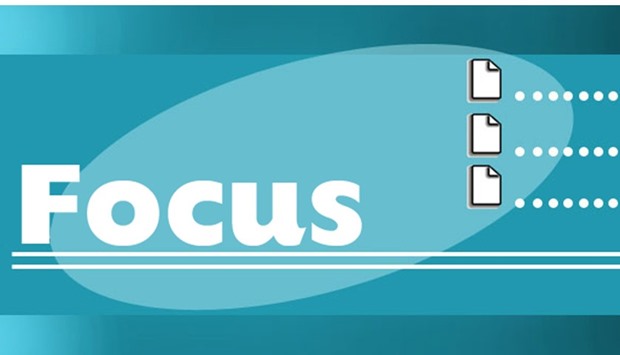Arab youth say the rise of the Islamic State (IS) group remains the single biggest challenge facing the Middle East, but overwhelmingly reject the extremist group.
This is the main finding of the eighth annual Asda’a Burson-Marsteller Arab Youth Survey, released yesterday by the leading public relations consultancy.
While three in four Arab youth are concerned about the rise of IS, just one in six believes the militant group ultimately will succeed. Though concern is rising – with 50% of youth citing it as the biggest obstacle in the region, up from 37% last year – tacit support for the group is declining with just 13% agreeing they could see themselves supporting IS even if it did not use so much violence, compared with 19% in 2015.
A quarter of young people believe that a lack of jobs and opportunities are the main recruitment drivers for the terrorist group, although one in four of those surveyed also said they could see no reason why anyone would want to take up with IS.
Arab youth cite Saudi Arabia as their biggest ally for the fifth-year running (31%), followed by the UAE (28%) and the US (25%). But views on the US are increasingly polarised. While two-thirds of young Arabs view the country as an ally, one third see the country as an enemy, especially in Iraq (93%), Yemen (82%) and Palestine (81%).
Iran’s increasing regional influence is reflected in the survey, with 13% of young Arabs now viewing the country as their biggest ally – although 52% view it as an enemy.
“This is an important survey of how Arab youth – the largest and arguably most important demographic in the region – think about the evolving and challenging environment in which they live,” said Donald A Baer, worldwide chair and CEO, Burson-Marsteller.
“Today’s Arab youth are tomorrow’s leaders, business owners, workers and consumers, and the information in this survey helps all of us to reach and understand this group better.”
Five years after the Arab Spring, most young Arabs today are prioritising stability over democracy. In 2016, just 36% of young Arabs think that the Arab world is better off following the uprisings, down from 72% in 2012 at the height of unrest. The majority of young Arabs (53%) agree that promoting stability in the region is more important than promoting democracy (28%). At the same time, two thirds are calling for their leaders to do more to improve their personal freedoms and human rights.
Young Arabs believe Sunni-Shia relations are deteriorating and that religion plays too big of a role in the Middle East.
Nearly half (47%) of young Arabs believe that relations between the two sects have worsened in the last five years. More than half of young Arabs (52%) agree that religion plays too big of a role in the Middle East – a notion that extends across the Arab world, with 61% of youth in the GCC, 44% in the Levant (Jordan, Iraq, Lebanon and Palestine) and Yemen and 47% in North Africa agreeing.
Two in three young Arabs (66%) say they are concerned about falling energy prices, up from 52% in 2015. Nearly four in five Arab youth (78%) still believe they are entitled to subsidised energy costs, and, if their government were to stop subsidising energy, nearly half (49%) believe the subsidies should be stopped only for expatriates.
International polling firm and Burson-Marsteller subsidiary Penn Schoen Berland conducted 3,500 face-to-face interviews with exclusively Arab national men and women aged 18-24 in the UAE, Saudi Arabia, Qatar, Kuwait, Oman, Bahrain, Iraq, Egypt, Jordan, Lebanon, Libya, Palestine, Tunisia, Morocco, Algeria and Yemen. The interviews were conducted from January 11 to February 22 this year.
“With 60% of the population below the age of 30, the Arab world is characterised by its vast youth population,” said Jeremy Galbraith, CEO of Burson-Marsteller Europe, Middle East and Africa and global chief strategy officer. Sunil John, CEO of Asda’a Burson-Marsteller, described the survey as a key referral source across the world.

FOCUS
